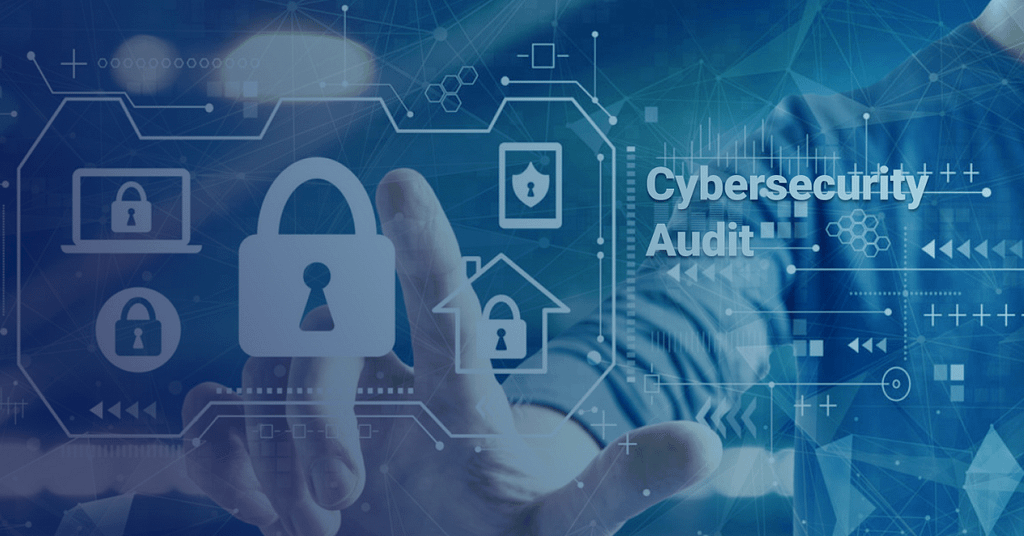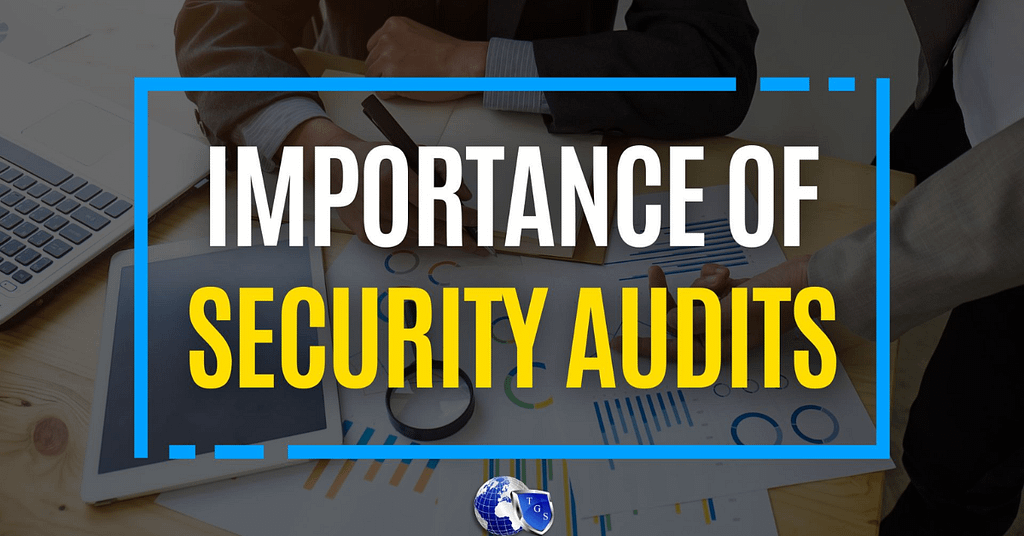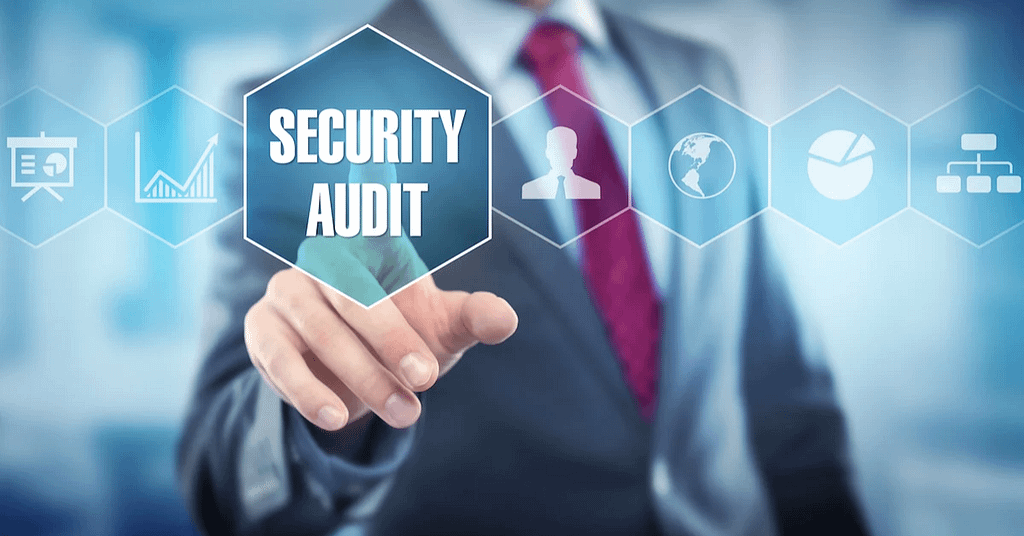In an era where cyber threats are constantly evolving, businesses must take proactive measures to protect their data, systems, and reputation. One of the most effective ways to ensure robust cybersecurity is through regular security audits. For IT service providers, conducting these audits is not just a best practice—it’s a critical component of delivering value to clients and maintaining trust.
In this article, we’ll explore the importance of regular security audits in IT services, the benefits they offer, and how to implement them effectively. Whether you’re an IT service provider or a business owner, this guide will help you understand why security audits are essential for staying ahead of cyber threats.
Why Security Audits Matter

The Growing Complexity of Cyber Threats
Cyberattacks are becoming more sophisticated, with hackers using advanced techniques like ransomware, phishing, and zero-day exploits. A single vulnerability can lead to a devastating breach, making it essential to identify and address weaknesses before they can be exploited.
The Role of IT Services in Cybersecurity
IT service providers are responsible for managing and securing their clients’ IT infrastructure. Regular security audits help ensure that systems are up to date, compliant with regulations, and protected against emerging threats.
What Is a Security Audit?
A security audit is a comprehensive assessment of an organization’s IT infrastructure, policies, and procedures. It involves:
- Identifying vulnerabilities
- Evaluating the effectiveness of security measures
- Ensuring compliance with industry standards
- Providing actionable recommendations for improvement
Key Benefits of Regular Security Audits

1. Identify Vulnerabilities Before They Are Exploited
Security audits help uncover weaknesses in your systems, such as outdated software, misconfigured firewalls, or weak passwords. Addressing these issues proactively reduces the risk of a breach.
- Example: An audit might reveal that a client’s email server is running an outdated version of software, making it vulnerable to attacks.
2. Ensure Compliance with Industry Regulations
Many industries have strict cybersecurity regulations, such as GDPR, HIPAA, or PCI DSS. Regular audits help ensure that your clients remain compliant, avoiding costly fines and legal issues.
- Actionable Tip: Use audit checklists tailored to specific regulations to streamline the process.
3. Improve Incident Response Preparedness
Audits assess the effectiveness of incident response plans, ensuring that your clients are prepared to handle security incidents quickly and effectively.
- Example: Simulate a breach during the audit to test the client’s response and identify areas for improvement.
4. Build Trust with Clients
By conducting regular security audits, IT service providers demonstrate their commitment to protecting their clients’ data and systems. This builds trust and strengthens client relationships.
- Actionable Tip: Share audit reports with clients and explain how the findings will enhance their security.
5. Reduce Costs in the Long Run
Preventing a breach is far less expensive than dealing with its aftermath. Regular audits help identify and address issues before they lead to costly incidents.
How to Conduct a Security Audit
Here’s a step-by-step guide to conducting effective security audits:
1. Define the Scope
Determine what will be included in the audit, such as network infrastructure, applications, or employee practices.
- Actionable Tip: Work with the client to prioritize areas of concern.
2. Gather Information
Collect data on the client’s IT environment, including hardware, software, and security policies.
- Example: Use automated tools to scan the network for vulnerabilities.
3. Assess Vulnerabilities
Identify weaknesses in the client’s systems, such as unpatched software, weak passwords, or misconfigured settings.
- Actionable Tip: Use vulnerability scanning tools to streamline the process.
4. Evaluate Security Measures
Review the effectiveness of existing security measures, such as firewalls, antivirus software, and access controls.
- Example: Test the firewall’s ability to block unauthorized access.
5. Check Compliance
Ensure that the client’s systems and practices comply with relevant industry regulations.
- Actionable Tip: Use compliance checklists to ensure nothing is overlooked.
6. Provide Recommendations
Offer actionable recommendations for addressing vulnerabilities and improving security.
- Example: Suggest implementing multi-factor authentication (MFA) for added security.
7. Follow Up
Conduct regular follow-up audits to ensure that recommendations are implemented and new vulnerabilities are addressed.
- Actionable Tip: Schedule quarterly or biannual audits to maintain ongoing security.
Tools for Conducting Security Audits
Here are some essential tools for conducting security audits:
1. Vulnerability Scanners
These tools identify weaknesses in systems and applications.
- Popular Tools: Nessus, Qualys, OpenVAS.
2. Network Scanners
Network scanners assess the security of network infrastructure.
- Popular Tools: Nmap, Wireshark, SolarWinds Network Performance Monitor.
3. Compliance Management Tools
These tools help ensure compliance with industry regulations.
- Popular Tools: RSA Archer, MetricStream, LogicManager.
4. Penetration Testing Tools
Penetration testing tools simulate cyberattacks to identify vulnerabilities.
- Popular Tools: Metasploit, Burp Suite, Kali Linux.
Challenges and How to Overcome Them
Challenge 1: Resource Constraints
Conducting thorough security audits can be resource-intensive.
- Solution: Use automated tools to streamline the process and reduce manual effort.
Challenge 2: Keeping Up with Evolving Threats
Cyber threats are constantly changing, making it difficult to stay updated.
- Solution: Regularly update audit checklists and tools to reflect the latest threats.
Challenge 3: Client Resistance
Some clients may resist security audits due to concerns about cost or disruption.
- Solution: Educate clients on the importance of audits and highlight the long-term benefits.
Conclusion: Make Security Audits a Priority
Regular security audits are a cornerstone of effective cybersecurity. For IT service providers, they offer a way to protect clients, build trust, and stay ahead of evolving threats. By identifying vulnerabilities, ensuring compliance, and providing actionable recommendations, security audits help create a safer digital environment for businesses.
If you’re an IT service provider, now is the time to prioritize security audits as part of your offerings. And if you’re a business owner, partnering with a provider that conducts regular audits can give you peace of mind and a competitive edge.
Internal Links:
- How IT Services Can Strengthen Your Cybersecurity Strategy
- The Role of IT Support in Preventing Data Breaches
External Links:
- Cybersecurity and Infrastructure Security Agency (CISA)
- National Institute of Standards and Technology (NIST) Cybersecurity Framework
By making regular security audits a priority, IT service providers can deliver exceptional value to their clients and help them navigate the complex world of cybersecurity with confidence.


Pingback: The 7 Best Role of IT Support in Preventing Data Breaches